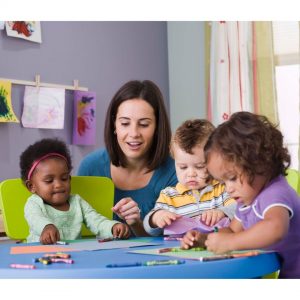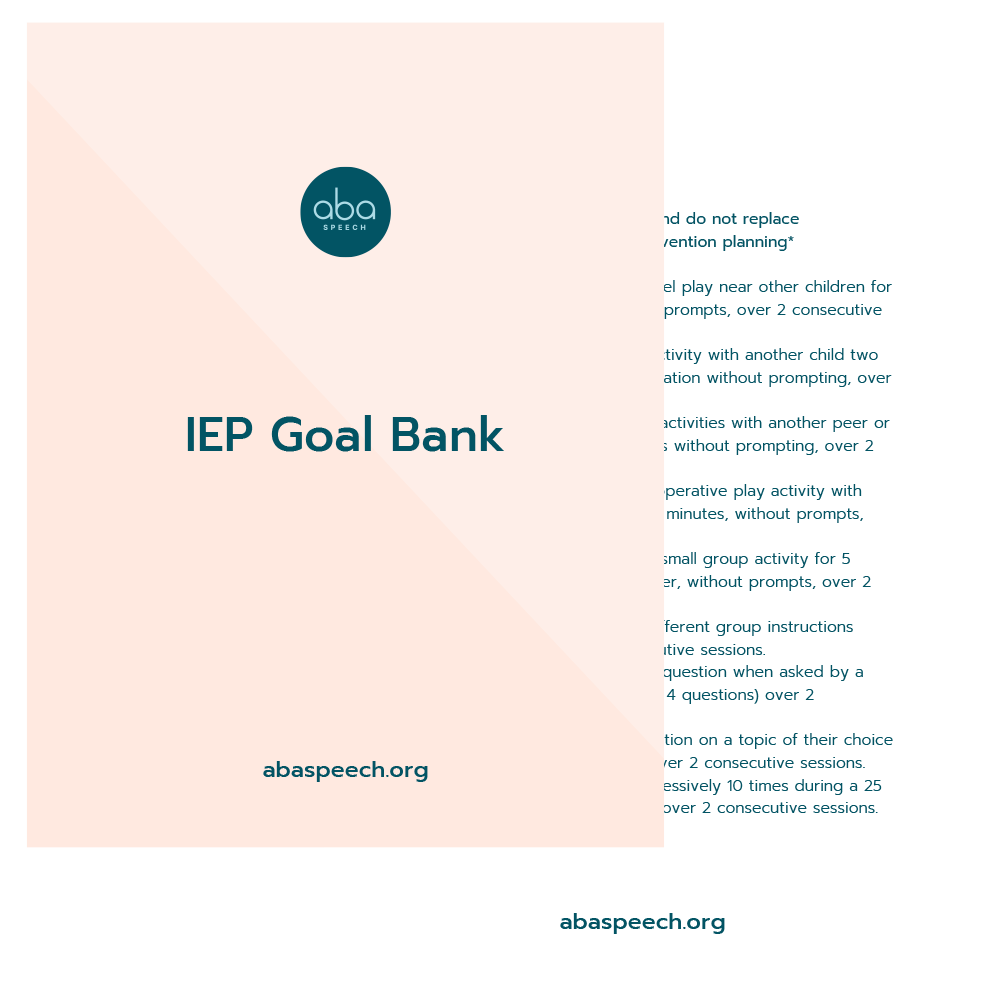Toddlers are adorable little people that are learning a tremendous amount each and every day. For toddlers with autism, language is an area we pay close attention to, but language development is huge for all preschool age children. Reasonably so, parents want the best for their children and this often turns to worrying about toddler speech milestones. Milestones for speech are important, as early intervention often makes a huge difference in improving speech! If you have any questions or concerns about your childs’ milestones from 12-18 months, keep reading for some guidelines, tips and tricks to help you along your childs’ speaking journey. Even better, I have a comprehensive course available, “Start Communicating Today,” that will help parents get children speaking now!

Milestones for 12-18 Months
Let’s start by talking through some of the ways toddlers should be able to communicate between 12-18 months. Remember, oftentimes toddlers understand more than they can verbally reply so check out some of the following ideas!
Point to the…!
This one is simple. Ask your toddler to point to a body part. Can they identify it? If they can, this shows their ability to listen and understand. Sometimes children with autism may have a delay in this area of pointing, so check in with your toddler and try some pointing!
Toddlers should also be able to point to pictures in a book when you name them. Ask, “Can you point to the ball?” Try it and see if your child is meeting this milestone! If your child is having difficulty, keep reading for some ways to work with language at home!
Simple Questions
Toddlers begin to start answering and asking simple questions at this age. Some questions toddlers may ask are, “Who’s that?” or “Where’s the animal?” Don’t be afraid to ask simple questions too! Asking questions like “What’s that?” and “Where’s Monkey” is another milestone for our language learners.
New Words
Of course one of the greatest milestones is learning and using new words. We all want to see toddlers adding to their growing vocabulary. Toddlers will also start to put 2 words together like, “mommy book,” or “more milk.” Sounds that toddlers should be able to grasp at this age include, p, b, m, h, and w in w different words. How is your toddler doing so far?
What Can I Do to Help?
Talking is the number one strategy to help a toddler start communicating! Narrate your day for your child. Say things that seem silly like, “I see a blue house” or “I am washing a green bowl with stripes.” Adding in the descriptions will help children identify more and more words and associate them correctly.
Work Those Sounds
Another way to help children is using short sentences that toddlers can then repeat back. “Let’s go for a walk” or “Walk the dog,” are simple phrases. Make sure to speak clearly and enunciate the sounds in the words too! Don’t be afraid to walk around making letter sounds! Think about when you say the car goes “v-v-v-v-v-vroom” or you could say “Let’s blow b-b-b-b-b-bubbles!” Be silly and start making those animal sounds to help your little ones build the ability to create sounds for your toddlers! “R-r-r-r-r-roar goes the dinosaur” or “B-b-b-b-b-buzz goes the bee!” Play with sounds throughout your day and watch your child start to imitate you!
Read! Read! Read!
Read to your child daily! When you are reading, have them point out items or animals in the book and have them practice with you what they see. This is a perfect time to make your letter sounds too! When children correctly identify, make sure to praise them and then add a few more words. For example, “Yes that is the dog, the big red dog!” Talk about the pictures on each page and one day our child may be telling you the story of the pictures!
When toddlers are learning language, they learn at different paces. If you are concerned, remember an evaluation may be needed. If you want something to help with your preschoolers language development right now, check out the course, “Start Communicating Today,” to get some more ideas on how to work with your child at home!

0 Comments